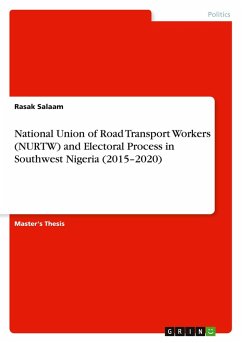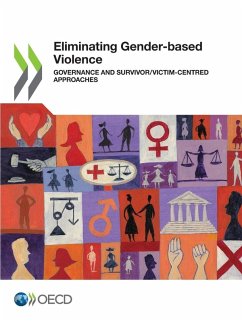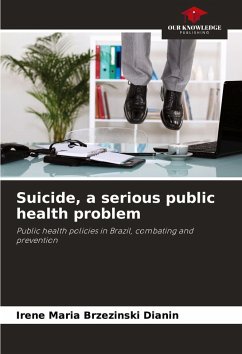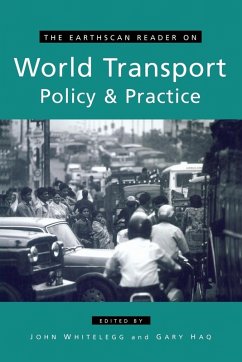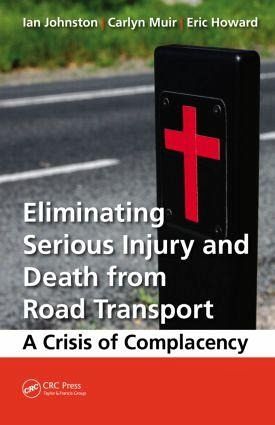
Eliminating Serious Injury and Death from Road Transport
A Crisis of Complacency
Versandkostenfrei!
Versandfertig in 1-2 Wochen
186,99 €
inkl. MwSt.
Weitere Ausgaben:

PAYBACK Punkte
93 °P sammeln!
Listen: Ian Johnston busts the bad behavior myth. Should we really accept road trauma as collateral damage from daily road use? Eliminating Serious Injury and Death from Road Transport: A Crisis of Complacency explores why societies and their elected leaders view traffic safety as a (relatively) minor problem. It examines the changes in the culture of road use that need to occur if this public health problem is to be effectively resolved. Examines why road use culture is ego-centric ("what's in it for me?") and why this blocks progress Explores current traffic safety measurement methods and de...
Listen: Ian Johnston busts the bad behavior myth. Should we really accept road trauma as collateral damage from daily road use? Eliminating Serious Injury and Death from Road Transport: A Crisis of Complacency explores why societies and their elected leaders view traffic safety as a (relatively) minor problem. It examines the changes in the culture of road use that need to occur if this public health problem is to be effectively resolved. Examines why road use culture is ego-centric ("what's in it for me?") and why this blocks progress Explores current traffic safety measurement methods and demonstrates how they have underpinned our flawed approach Discusses the controversial issue of speed and speeding and shows how a new approach to speed management will be fundamental to transformational change Details a simple account of the concept of a "Safe System" (as now promoted by the WHO and the OECD) while exploring the failure to get beyond the principles to extensive implementation The book dispels the myths that currently drive societies' (misguided) view of traffic safety-the bad behavior myth and the official myth that everything that can be done is being done-and how these myths limit progress in reducing death and serious injury. It presents current scientific knowledge and draws parallels with other areas of public safety and health. The book draws on examples from the media and from public policy debates to paint a clear picture of a flawed public policy approach. It presents a model for a preventive medicine approach to traffic safety policy to get beyond an ego-centric culture to a communal safety culture.




